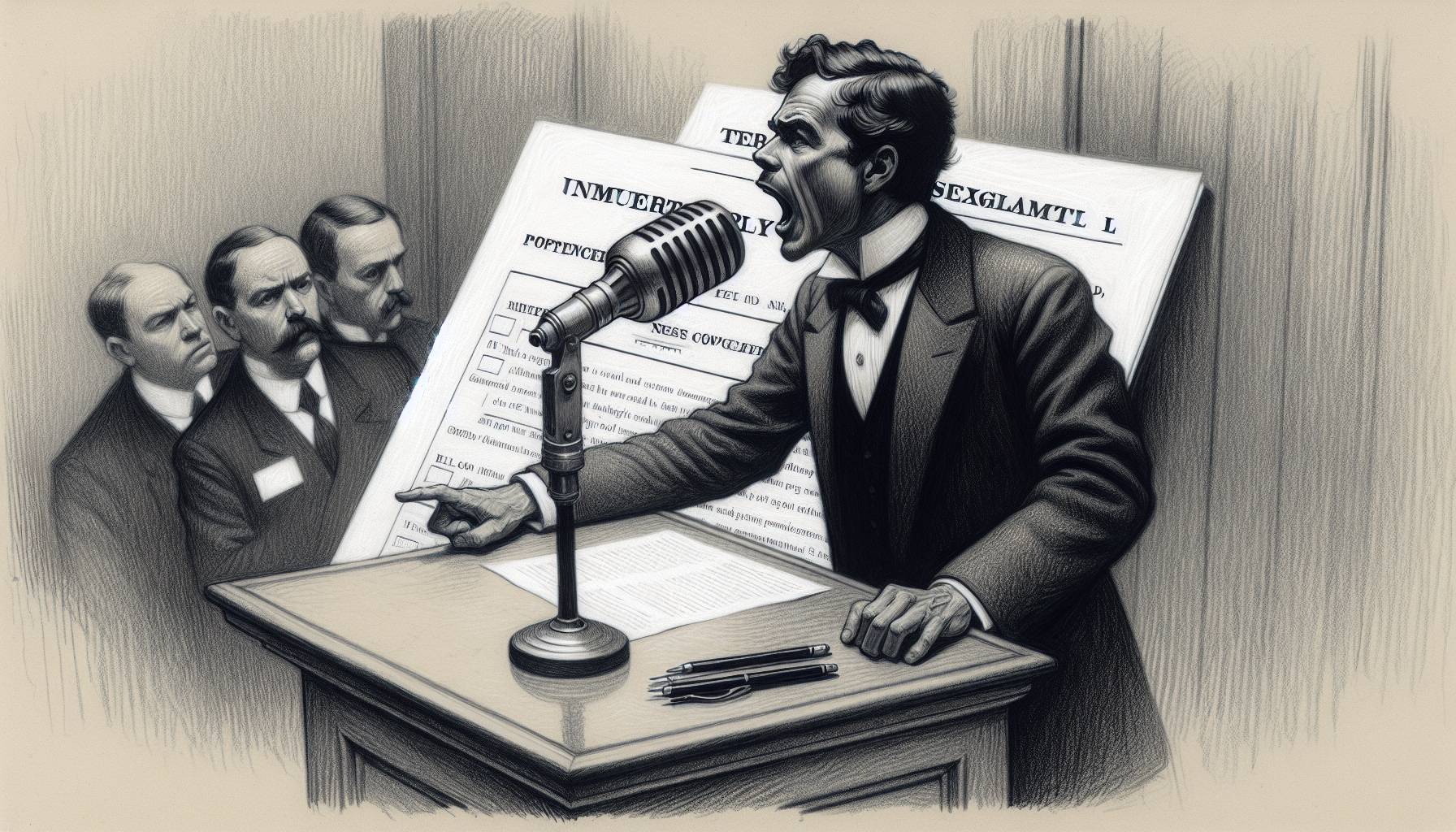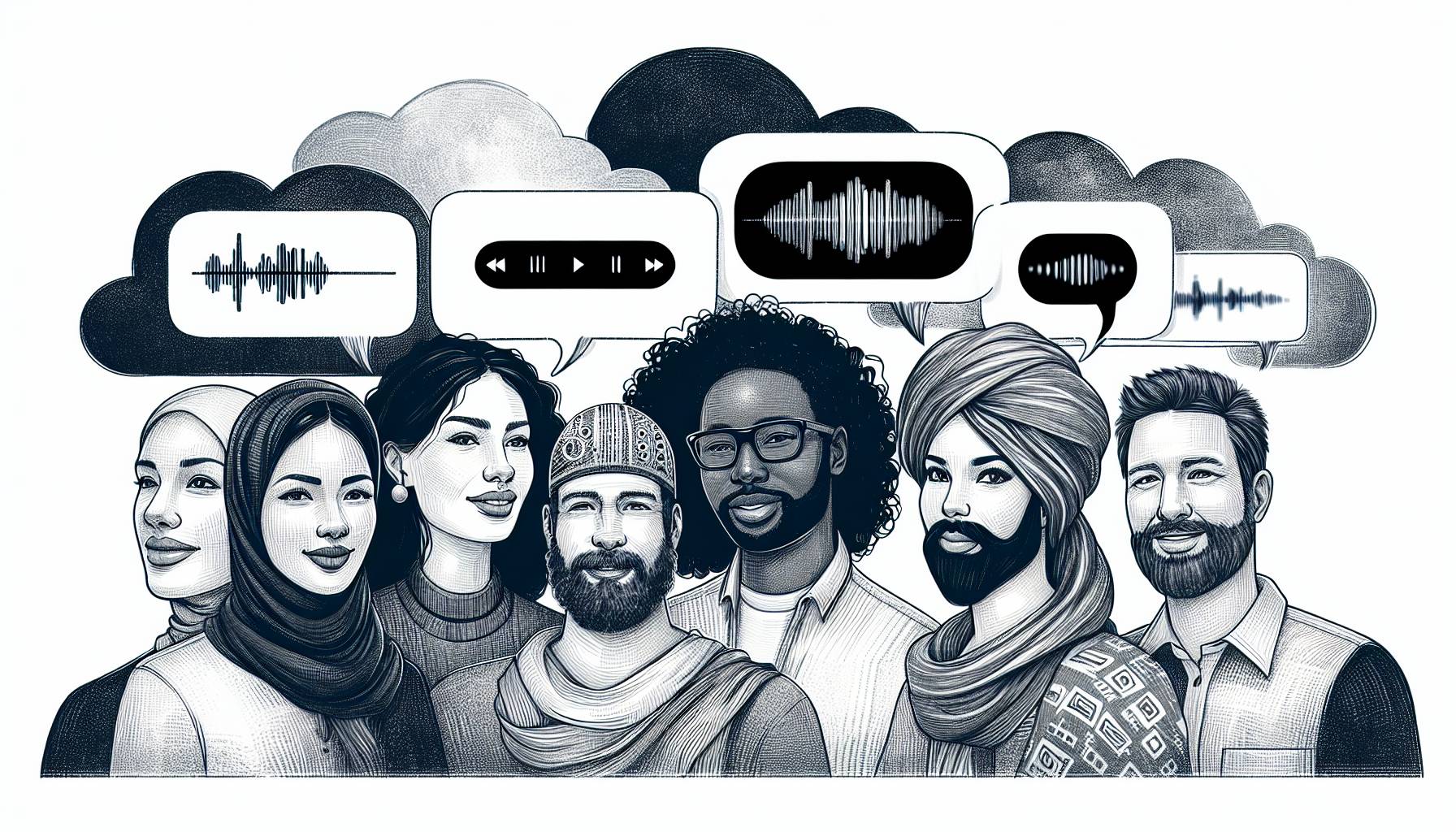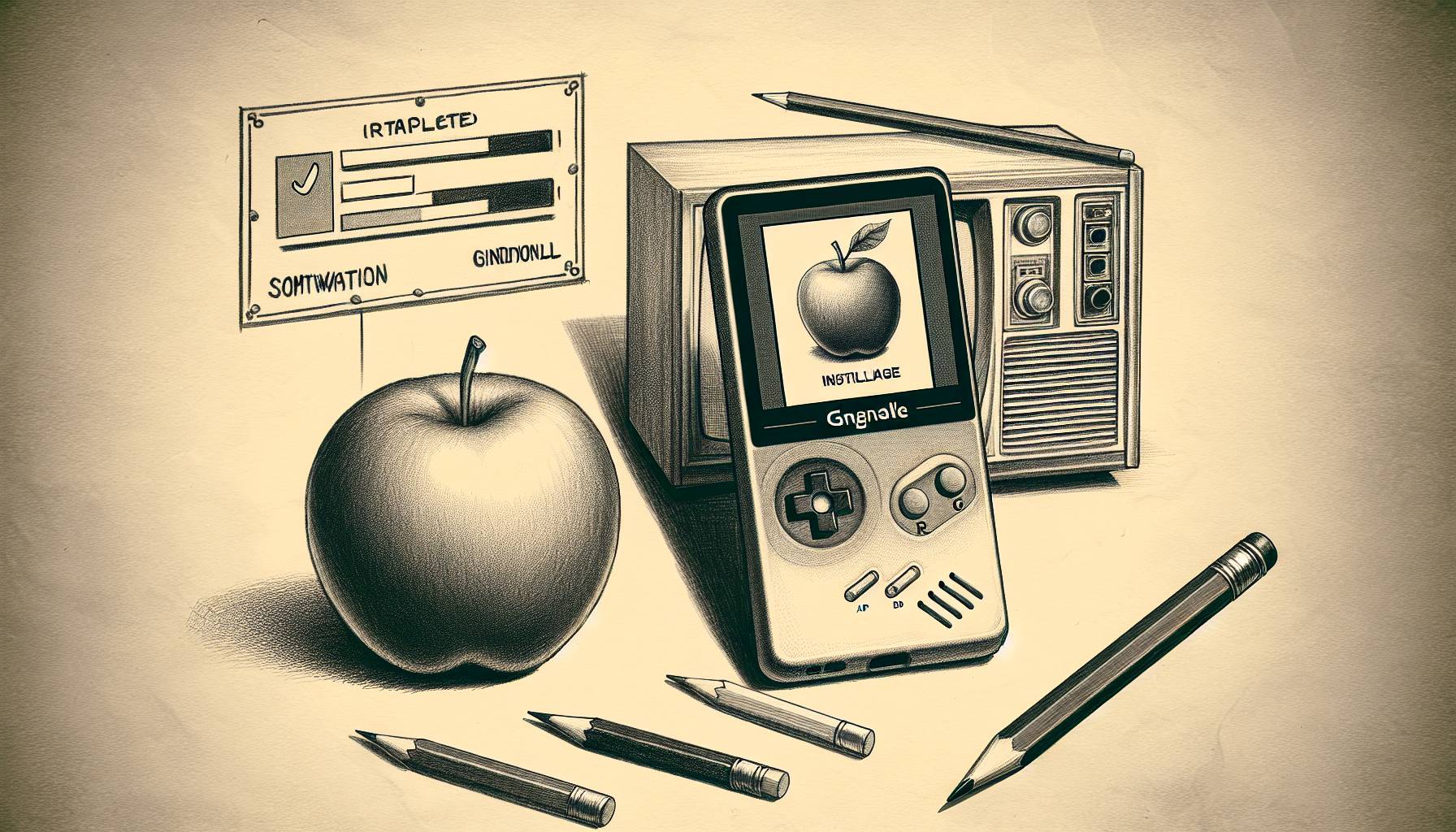The mobile app space is getting more volatile, thanks to yet another round of patent lawsuits from another technology company that’s going after app developers.
This latest batch comes from a U.S.-based company called MacroSolve, according to the U.K. paper The Guardian, which has already issued lawsuits to 10 mobile app developers. The company claims the developers are infringing on its patent for a “system and method for data management,” which “covers the collection and transmission of data for questionnaires and puts them online.”
MacroSolve’s CEO claims the patent covers “thousands of existing apps,” which gather data and return it a server over the Internet. The company isn’t going after Apple (AAPL) (or Google (GOOG), or Microsoft (MSFT), which also have smartphone operating systems that developers create apps for), though – it’s instead focusing on smaller app developers, who might struggle to defend themselves against patent infringement lawsuits.
About a dozen other developers have received patent lawsuits from another company, Lodsys. That company has a patent claim on apps that use in-app purchases to sell content, and like MacroSolve, Lodsys is focusing on smaller developers and asking them for a cut of their profits, rather than stepping up against the big players like Apple and Google. Both those companies already have licenses for Lodsys’ technology, but those licenses don’t get passed down to other developers, Lodsys claims.
Apple has reportedly started looking into Lodsys’ claims, although there hasn’t been any motion from the company on the issues. Developers and analysts fear that the mobile space is starting to attract “patent trolls,” companies that can make patent disputes and tie up small developers in court in battles they’ll struggle with and won’t have the resources to fight. Lodsys has requested 0.575 percent of revenue from apps that use its in-app purchasing technology (it’s not clear yet what MacroSolve wants), but if more and more companies start to take a bite out of developers’ profits or tie them up in court, it could have serious consequences for the mobile app space in general.
In the meantime, it seems that developers are in a holding pattern, unsure of how to proceed. They can’t do much without involving Apple, and Apple is taking its time to figure out where it stands on the issues involved. How these patent disputes shake out and whether they draw more like them, however, is sure to be a major event for the evolution of app development in the future. It could also have a serious effect on what companies can afford to make apps, and what those apps are capable of doing.












